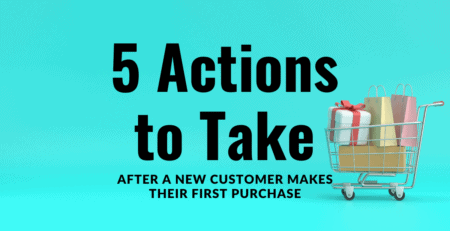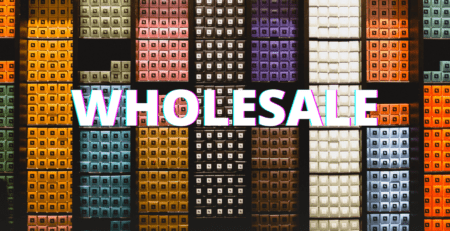Sustainable shopping is our future — but where to start? Ethical brand marketplaces and directories make it easy to find purpose-driven online stores.
Money makes the world go round, and being selective about our online shopping can influence the kind of world we live in.
By choosing brands that share similar values, internet users vote with their wallets for the kinds of businesses they want to see grow.
The more frequently dollars-conscious consumers make online purchases with purpose-driven brands, the more quickly we will achieve a more sustainable and just economy. If this is your end goal, you’re definitely not alone.
Consumers can make a difference. Everyday purchasing decisions we make every day—like where we choose to shop—have a huge impact on people’s lives and the state of the planet.
The Rise of Sustainable Online Shopping
It is increasingly common for shoppers to consider where their products come from and how they’re made. A recent survey found that one in three consumers consider the environmental impact when shopping, and this way of thinking won’t disappear anytime soon.
Demand for eco-friendly products and services has exploded, and the result is a surge in the number of sustainable brands available to meet that demand.
In fact, sustainability-marketed products delivered 54.7% of CPG market growth between 2015-2019 and grew seven times faster than products not marketed as sustainable. Sustainability, then, not only serves the planet but can give businesses a competitive advantage.
This is great news, but the increase in options can make it difficult to know where to spend your money.
Where to Vote With Your Dollars to Support Social Impact Ecommerce
To help secure a sustainable future, conscientious shoppers align their values with their purchases.
Shoppers should be open to trying new, more ethical brands to find the goods and services they want instead of buying a potentially greenwashed sub-brand by a mega-conglomerate that mostly sells conventional products.
This is easier said than done, and it’s often difficult to know the ethics behind every brand you stumble upon.
To get you started, there are two key places to begin your search: an ethical brand directory and an ethical brand marketplace.
Ethical Brand Directories for Online Purchases
Ethical brand directories are blogs and sites that bring together a list of sustainable businesses. Often, the brands will fall into the same or a similar category, but the important thing is they’re all listed together in one place. It makes choosing a store easy, especially if you’ve got a specific product in mind.
Directories make it simple to browse truly eco-friendly shops, get solid sustainable gift ideas, and give purpose-driven brands your dollar vote.
Examples of Ethical Brand Directories:
For more, see our directory of directories.
Ethical Brand Marketplaces for Easier Ethical Online Shopping
While ethical brand directories list and direct shoppers to independent stores, ethical brand marketplaces allow social impact savvy shoppers to browse sustainable gifts and make purchases all on the same platform.
This is ideal for shoppers that want to compare products from multiple brands in one place. When you choose to follow these organizations on social media, you have ethical products and services at your fingertips year-round.
Examples of Ethical Brand Marketplaces:
- DoneGood
- The Little Market
- The Etho
- Amazon Climate Friendly (with caveats)
Look for the Social Impact Stories Behind the Brands
It’s easy to get sucked into the cheapest deals or what’s available in your local grocery store. Convenience is, after all, a very tempting benefit. But these options are often the least sustainable choices out there.
Instead of just going for what’s available, seek out brands with strong social impact stories.
Take Dean’s Beans, Women’s Bean Project, and YES AND as examples. All three run mission-driven projects alongside their stores and have sustainable backstories that make them ideal eco-friendly options.
Dean’s Beans uses coffee sales to drive positive change, Women’s Bean Project promotes self-sufficiency in women through social enterprise, while YES AND is committed to ensuring their entire supply chain is as sustainable as it possibly can be.
Use Your Shopping Habits to Put Your Money Where It Matters
Shopping with sustainable ecommerce brands gives them the resources they need to do more good. The more you “vote” (aka. spend your dollars), the more you show the commerce landscape what types of brands you enjoy.
Use the directories, blogs, and marketplaces we’ve listed here as a springboard for your sustainable shopping adventures.
Find out more about GoodCarts’ commitment to a sustainable future. And while GoodCarts exclusive discounts are earned post-checkout, when you buy from one of our member stores showcased here, our coupon page acts like a directory as well.











